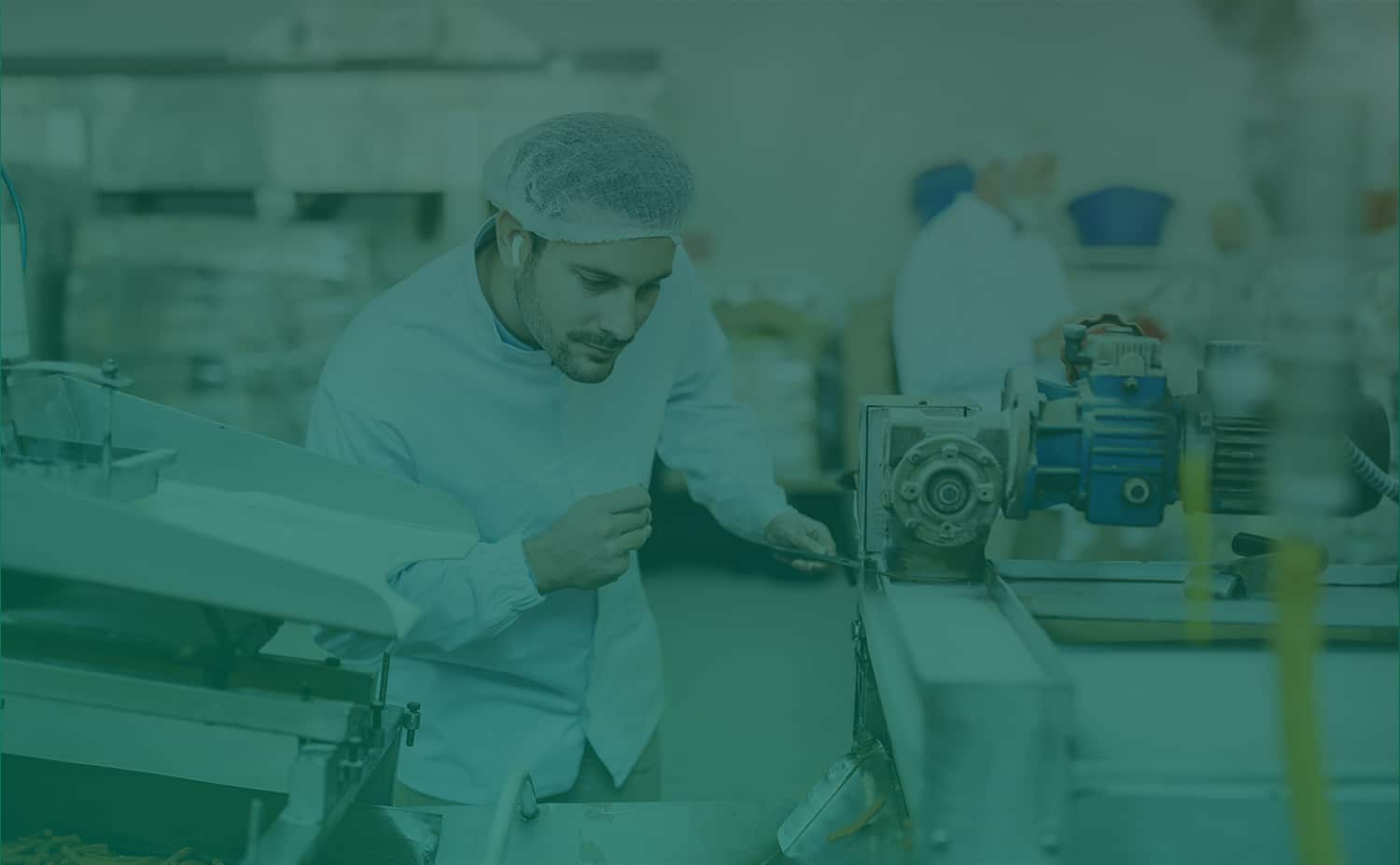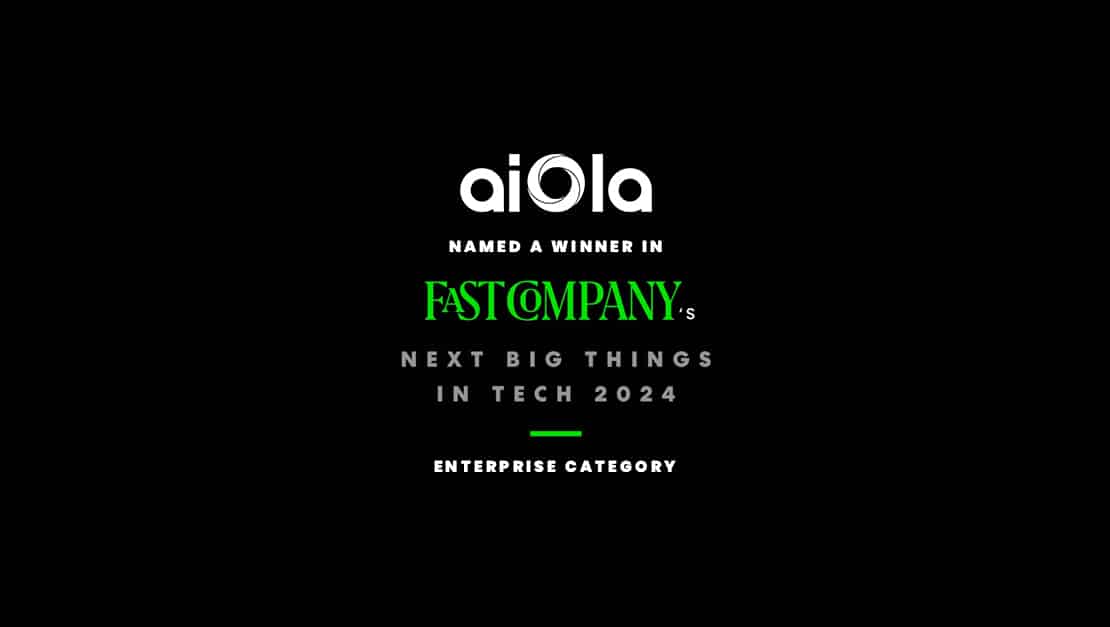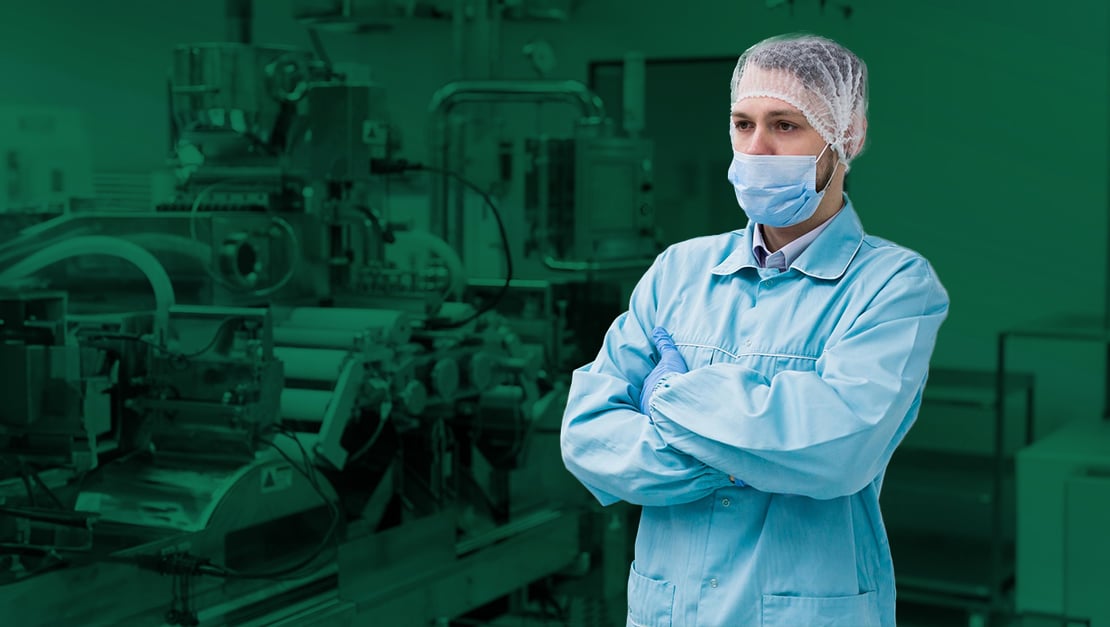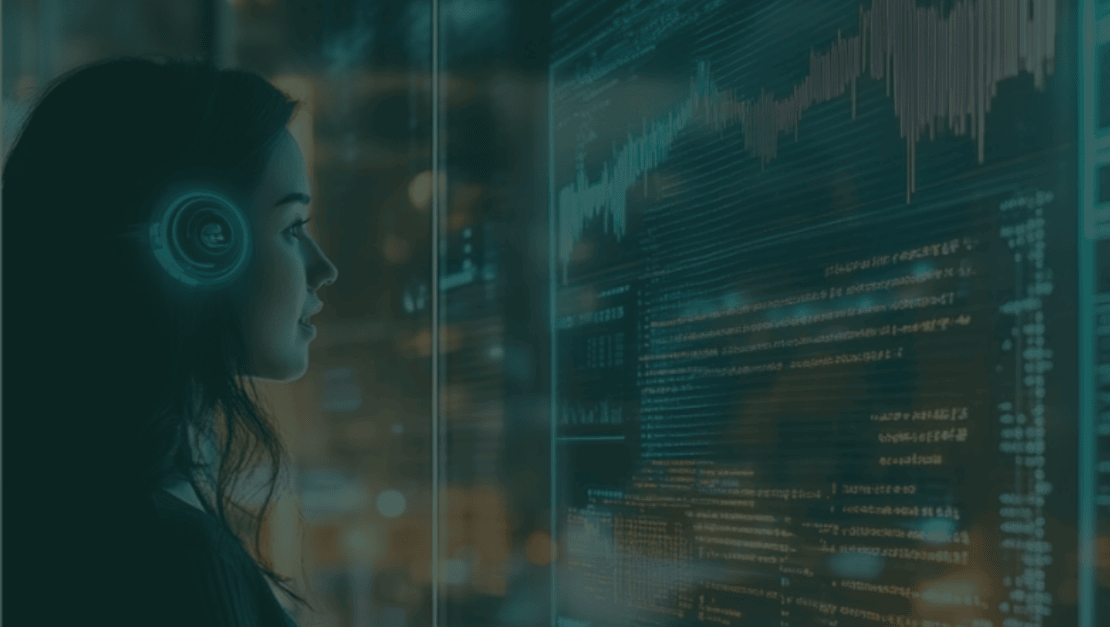Food safety is a major concern for business owners, manufacturers, consumers, and governments worldwide. From food-borne illnesses to contamination, food safety is everyone’s business.
Companies in the food industry need to address multiple challenges that come with ensuring food safety, ranging from regulations and compliance to effective communication and education. Emerging AI technologies are helping them not only rise to meet these challenges but also surpass expectations to keep up with the rising demand for food production.
Food safety challenges in modern manufacturing
When it comes to food safety, the stakes are high. A slight error in manufacturing operations, education, or compliance can lead to foodborne illness as well as a loss of profits and reputation for food companies. Before we look at how AI is used in food safety, let’s take a closer look at the specific challenges facing this industry.
Regulations and compliance
Governments and food inspection agencies around the world implement food safety regulations to protect consumers from potential hazards to their health. Food regulations can be complex, tricky to understand, and lead to confusion among businesses that are responsible for compliance. In addition, food safety regulations are dynamic and get updated often, and businesses need to keep up.
Effective communication and education
For food safety regulations to remain effective, businesses must be able to communicate and educate their employees about the importance of food safety and processes in relation to compliance. This requires businesses to invest in effective and up-to-date training so that new regulations are effectively communicated and understood throughout an organization.
Technology
From food tracking systems to data analysis tools, technology can help businesses better monitor and manage food safety. However, businesses must be sure to invest in the right technology for their needs. In order to maximize their potential, businesses must be aware of which technologies to invest in.
Increased demand
The increasing global demand for food combined with a growing population has put a strain on food production and supply chains. Food businesses are pressured to produce more products in less time, resulting in safety practices getting overlooked and increased risks of contamination and disease.
A fast-growing food market that shows no signs of slowing down
Given the global nature of the challenge of contaminated food, it’ll come as no surprise to learn that the market for food safety testing has been growing steadily. In 2021, it was estimated at $20.73 billion. Forecasts predict a CAGR of 7.4% from 2021 to 2028, which would value the market by that point at a staggering $34.14 billion.
A significant reason behind this prolonged year-on-year growth is the sheer impact of unsafe food on the global economy, with low-and middle-income economies (LMICs) being particularly affected. According to estimates, the cost is approximately $110 billion a year in both lost productivity and medical expenses.
In reality, the total figure is almost certainly significantly higher once you factor in elements such as lost trade income, the knock-on medical effects of consumers avoiding perishable foods, and the environmental challenges posed by food waste.
The same study, which was supported by the USFDA, found evidence to suggest some of these costs could be avoided by making key infrastructure changes throughout the food value chain.
Investments related to hardware (like labs and marketplaces), as well as software (such as human capital and digital management systems), could play an important role in mitigating the economic hardship experienced by LMICs. To be truly effective, however, any manufacturing optimization made must take into account the context of the current regulatory environment.
The role played by regulations
Two main regulatory systems aim to ensure the safety of food, chemicals, and pharmaceuticals: Good Manufacturing Practice (GMP) and Hazard Analysis and Critical Control Point (HACCP).
GMP is a series of principles that must be fulfilled before a product can be considered to meet basic legal standards for safety and quality. Often thought of as the “first step” to food safety, GMP can be considered to be one of the core components of HACCP.
HACCP is a broader, more systematic approach to food production that is designed with one key goal in mind — preventing hazards from occurring. Although it began with the food industry, HACCP is increasingly being applied to non-food industries like cosmetics and the pharmaceutical industry.
Tackling the problem with regulation-compliant AI-led technology
Recent technological advances in AI have resulted in the widespread proliferation of virtual food safety assistants, which are fully interactive AI models designed to help food safety professionals throughout the course of their day-to-day activities.
These models are capable of boosting production line efficiency by accomplishing tasks like product recalls and process monitoring, making these virtual assistants highly useful to food safety professionals. This has led to their increased use as a means of manufacturing optimization across facilities that are implementing HMP or HACCP plans.
Perhaps most impressively of all, some virtual food assistants can even contribute to creating HACCP plans or altering existing plans in a fraction of the time it would usually take. Since manual inspections don’t have a 100% accuracy level, deploying artificial manufacturing intelligence in production environments has the potential to radically improve results by cutting down on unnecessary errors.
The intersection of technology and food safety comes at a vital time for the world as well. It’s projected that the global demand for food will increase by up to 56% by 2050, while new AI-driven technology aims to decrease food wastage when it comes to personal consumption, retail use, and manufacturing.
With more food required than ever and strictly manual processes incurring a significant error rate, it’s clear that technological innovation should be a matter of priority for the global food safety industry.
Bridging the gap between AI and the factory floor
aiOla is applying the most advanced proprietary technologies in AI, ASR, and NLP to solve everyday problems, for any user, regardless of their technical skills or capabilities.
aiOla is capturing natural communication such as speech, text, and visuals for existing critical processes in numerous languages in any accent or industry jargon. aiOla’s solution creates an instant and lasting impact in a wide range of industries and verticals including food safety, oil and gas, and defense.
Most food industry data is unstructured by nature, but aiOla aims to change that. The platform’s unique ability to process data allows factory owners to not only improve efficiency and safety but also minimize waste and positively impact sustainability practices in the process.
Because aiOla processes spoken input using Natural Language Understanding (NLU) technology, it’s uniquely capable of analyzing unstructured data across over 100 languages in any accent. Not only that, this analytical process can take place in near real-time, making it particularly effective in the real-world context of a production or manufacturing environment. Escalation is also done in real-time, so if a machine malfunctions, the right people can be notified immediately in order to minimize disruption and downtime.
aiOla also positively impacts several other key aspects of the food inspection process. Its hands-free inspection capabilities, in addition to being significantly faster on its own, reduce the manual time needed to process paperwork by up to 75%. By freeing up the time of the food safety professionals, these factors lead to a significant increase in productivity across the board.
How aiOla could benefit the food safety industry
Let’s take a closer look at exactly how aiOla can help the food safety industry streamline processes to become more efficient, sustainable, and less wasteful.
Saving time and Improving efficiencies
Increases uptime by shortening processes and increasing accuracy, saving countless hours through spoken workflows. Ensure workflows are completed with utmost accuracy, efficiency, and simplicity.
Safety-first
By allowing food safety professionals to speak through workflows with natural language, aiOla streamlines the workflow at the floor level and cuts down on errors that occur throughout the process of inspecting food at scale. As a result, your employees will be able to keep their eyes on the equipment at all times.
Knowledge gathering
This otherwise uncapturable and unstructured data turns into a goldmine of raw manufacturing intelligence. aiOla can then analyze the information at a deep level, allowing the platform to spot trends before they even form and proactively contribute to smarter, more sustainable food safety processes. Additionally, aiOla can help companies compare manufacturing teams in different locations to assess differences in productivity.
AI-based detection and inspection
By automating the food inspection process, aiOla can reduce human error and increase productivity. It’s capable of providing auto-scoring calculations, pre-populating default values, and setting corrective actions for each type of safety defect, creating a more rigorous detection and inspection environment where almost nothing slips through the cracks. In the food industry, where mistakes can lead to people falling seriously ill, having such a high degree of precision is a crucial benefit for manufacturers as well as the population at large.
Real-time collaboration
Communication on the floor is an important part of any well-run food safety operation. aiOla allows inspectors to collaborate in real-time as they carry out their work, acting as a single source of truth around which the workers can coordinate their efforts and improve production line efficiency.
Learn more about aiOla
The food safety industry as a whole would not only benefit from more AI-driven technology but requires it due to the increasing demand for food production around the world. The idea is to augment and enhance without complete business disruption. We are bringing the wonders of AI to the every day worker, to enable efficiently, collaboration and safety. Essentially, improving outputs without disrupting any existing business practices or workflows. Technology such as aiOla also allows food safety companies and food manufacturers to guarantee a higher degree of safety by removing human-error and turning manual work process into efficient ones.
If you’d like to learn more about how aiOla works or the benefits it can offer for food safety processes, feel free to get in touch with our team or schedule a demo. We’d love to walk you through how the platform can work for your company.

